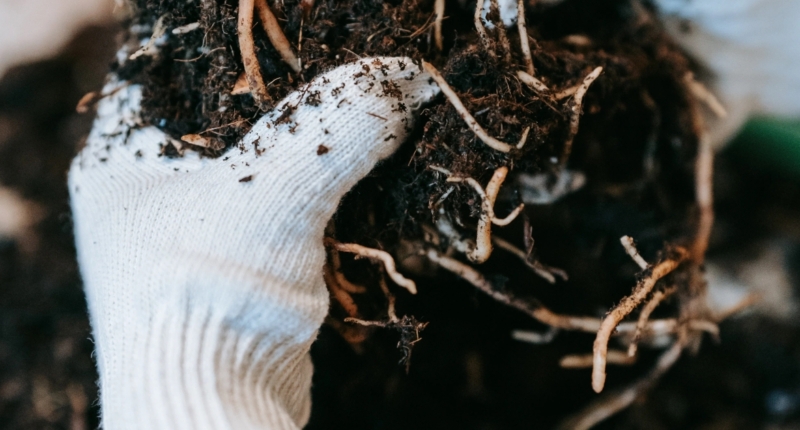Phosphorus is an essential mineral for plant growth, and Earth’s agricultural-grade phosphorus reserves are expected to be depleted within the next 50 to 100 years. Researchers at Michigan State University and the Carnegie Institution for Science discovered that plant roots stop growing before any iron accumulation is observed, changing the way researchers look at the problem of iron toxicity. By discovering the connection between the TOR complex and root growth, researchers believe that this is a game-changer in the field of plant mineral nutrition. The researchers have filed a patent on this process and plan to explore other applications of this gene. The discovery has led to the possibility of engineering plants whose roots will continue to grow despite phosphorus limitation, offering a solution to the depletion of Earth’s phosphorus reserves.
Improving Plant Growth Despite Depleting Phosphorus Reserves in Soil
Phosphorus is a crucial mineral for plant growth, found in fertilizers. Unfortunately, Earth’s agricultural-grade phosphorus reserves are expected to be depleted within the next 50 to 100 years. According to Hatem Rouached, an assistant professor in Michigan State University’s College of Agriculture and Natural Resources, and a member of the Plant Resilience Institute, “Once the world’s supply is used up, we can’t make more phosphorus.” Thus, it is essential to find ways to grow plants using less phosphorus.
Plants absorb phosphorus from soil, and when the soil does not contain enough phosphorus, plants absorb more iron from the soil, which becomes toxic at increased levels. Previous research has supported the notion that iron toxicity caused the roots of plants to stop growing. However, researchers at Michigan State University and the Carnegie Institution for Science found evidence that plant roots stop growing before any iron accumulation is observed. This discovery changes the way researchers look at the problem of iron toxicity.
Using computational models to build gene regulatory networks, Rouached, Seung Yon “Sue” Rhee, incoming director of MSU’s Plant Resilience Institute, and their team isolated a specific gene called Arabidopsis root-specific kinase 1 that regulates the target of rapamycin (TOR) complex, the key developmental regulator in plants, fungi, and animals. When a plant is starved of phosphorus, the gene downregulates the TOR complex, which sends a signal to the root of the plant to stop growing. This is the first time anyone has linked a phosphorus deficiency signal to a TOR kinase in vascular plants.
According to Rhee, “If iron toxicity is the cause, then why does the root stop growing before iron accumulates in the roots? We knew there must be something else happening.” Therefore, by discovering the connection between the TOR complex and root growth, researchers believe that this is a game-changer in the field of plant mineral nutrition. The researchers have filed a patent on this process and plan to explore other applications of this gene.
The discovery has led to the possibility of engineering plants whose roots will continue to grow despite phosphorus limitation, offering a solution to the depletion of Earth’s phosphorus reserves. The research has been published in the journal Current Biology.
Don’t miss interesting posts on Famousbio










